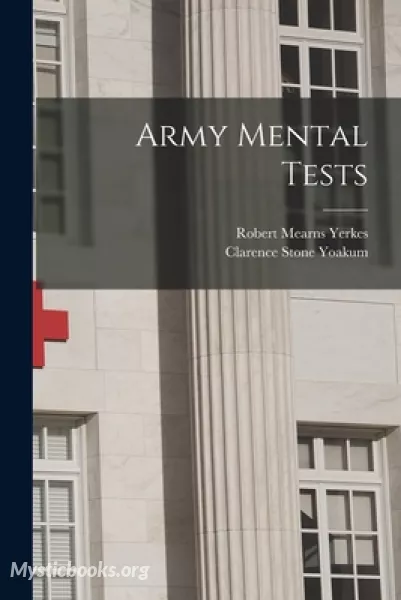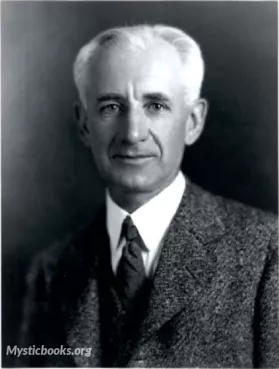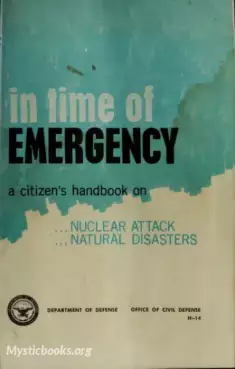
Army Mental Tests
'Army Mental Tests' Summary
Robert Mearns Yerkes's book Army Mental Tests is a seminal work in the field of psychometrics. It is a comprehensive account of the development and use of mental tests in the United States Army during World War I. Yerkes, a leading psychologist at the time, was tasked with developing tests that could be used to screen millions of recruits and identify those who were best suited for different roles in the military.
Yerkes's work on the Army mental tests program was groundbreaking and had a profound impact on the field of psychology. The tests that he developed were the first standardized intelligence tests to be used on a large scale. The results of the testing program provided valuable insights into the distribution of intelligence in the population and the relationship between intelligence and other factors such as education, occupation, and race.
One of the most important findings of the Army mental tests program was that intelligence is not evenly distributed in the population. Yerkes found that there is a wide range of intelligence levels, with some people being much more intelligent than others. He also found that intelligence is positively correlated with education and occupation. In other words, people who have more education and higher-paying jobs tend to be more intelligent.
Yerkes's findings on the relationship between intelligence and race were particularly controversial. He found that white recruits on average scored higher on the intelligence tests than black recruits. However, Yerkes was cautious in interpreting these findings. He noted that the black recruits were more likely to be from disadvantaged backgrounds and to have less education than the white recruits. He concluded that the differences in test scores were likely due to environmental factors rather than innate racial differences in intelligence.
Despite the controversy, Yerkes's work on the Army mental tests program had a lasting impact on the field of psychology. His work helped to establish psychometrics as a scientific discipline and to develop many of the tools and techniques that are still used by psychologists today.
Essence and Spirit of the Book
The essence of Yerkes's book is the belief that psychology can be used to solve real-world problems. Yerkes was a pioneer in the field of psychometrics and he believed that mental tests could be used to improve the efficiency and effectiveness of the military. He was also a strong advocate for using psychology to improve the lives of ordinary people.
The spirit of Yerkes's book is captured in his following statement:
"The psychological examination of the Army recruits was the largest single psychological experiment ever undertaken. It was a gigantic experiment, but it was a carefully planned and controlled experiment. It was conducted under the most favorable conditions, with the cooperation of the War Department and the Army officers. The results of the experiment are of the greatest importance to psychology and to the Army."
Conclusion
Army Mental Tests is a landmark work in the field of psychology. It is a comprehensive and well-written account of the development and use of mental tests in the United States Army during World War I. Yerkes's work on the Army mental tests program had a profound impact on the field of psychology and his work is still relevant today.
Book Details
Language
EnglishOriginal Language
EnglishPublished In
1920Genre/Category
Tags/Keywords
Authors

Robert Mearns Yerkes
United States
Robert Mearns Yerkes (1876-1956) was a pioneering American psychologist who is best known for his work on animal intelligence, comparative psychology, and human intelligence testing. He was also a lea...
Books by Robert Mearns YerkesDownload eBooks
Listen/Download Audiobook
- Select Speed
Related books

Memoirs of Napoleon Bonaparte, Volume 05 by Louis Antoine Fauvelet de Bourrienne
This volume of Bourrienne's 'Memoirs of Napoleon Bonaparte' delves into Napoleon's life and career during a crucial period. The narrative covers the i...

Garibaldi and the Making of Italy by George Macaulay Trevelyan
This book delves into the life and accomplishments of Giuseppe Garibaldi, a pivotal figure in the Italian Risorgimento, the movement for Italian unifi...

Boots and Saddles by Elizabeth Bacon Custor
Elizabeth Custer has penned an engaging portrait of 1870’s life on a U.S. cavalry post in the Dakotas, just before her husband and his troops met thei...

In Time Of Emergency: A Citizen's Handbook On Nuclear Attack, Natural Disasters by US Office of Civil Defense
"In Time of Emergency" (1968), contains basic general information on both nuclear attack and major natural disasters. This general guidance supplemen...

Rough Talks by a Padre by Geoffrey Studdert Kennedy
This book is a collection of lectures delivered by Geoffrey Studdert Kennedy, known as 'Woodbine Willie', to British soldiers during World War I. Kenn...

In the Clutch of the War-God by Milo Hastings
In the Clutch of the War-God is a novel by Milo Hastings that was first published in 1911. The novel tells the story of a war between Japan and the Un...

War poems and other verses by Robert Ernest Vernède
In the haunting verses of "War Poems and Other Verses," Robert Ernest Vernède takes us on an emotional journey through the trials and triumphs of huma...

My Life on the Plains by George Armstrong Custer
George Armstrong Custer's 'My Life on the Plains' is a first-hand account of his experiences in the Indian Wars of the 1860s and 1870s. Written in a...

The War That Will End War by H. G. Wells
.About the First World War, and the author's conclusions. Whether or not you agree with these articles/essays, H G Wells does make many valid points a...

Closing In: Marines in the Seizure of Iwo Jima by Joseph H. Alexander
Sunday, 4 March 1945, marked the end of the second week of the U.S. invasion of Iwo Jima. By this point the assault elements of the 3d, 4th, and 5th M...
Reviews for Army Mental Tests
No reviews posted or approved, yet...